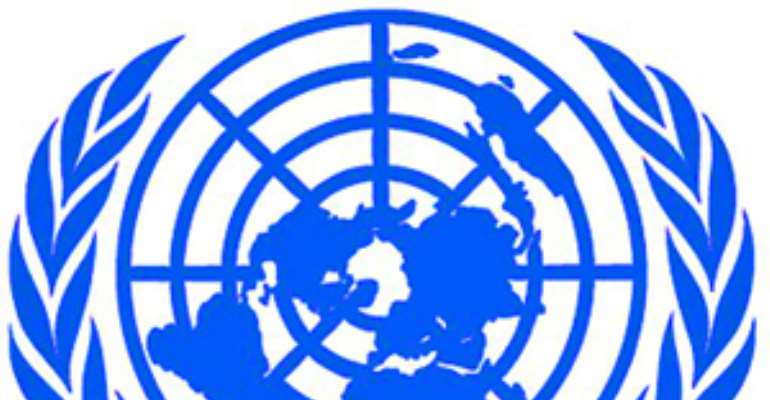Aid agencies release plan to assist 3.8 million people in South Sudan by December

JUBA; South Sudan, June 15, 2014/African Press Organization (APO)/ -- Aid agencies in South Sudan today released a new plan to assist 3.8 million people hit by hunger, violence and disease by the end of the year.
Six months into the conflict, around 1.5 million people have been uprooted from their homes and over seven million people are at risk of hunger and disease. Unless fighting ends and people can return to their homes and resume their livelihoods, the situation will continue to worsen.
“Now that the rains have set in, conditions in South Sudan are deteriorating by the day: people are literally living in mud. Cholera has broken out, malaria is rampant and many children are malnourished. Millions of people need emergency healthcare, food, clean water, proper sanitation and shelter to make it through the year,” said Toby Lanzer, the Humanitarian Coordinator in South Sudan.
“We have three main goals: to save lives, prevent a famine, and avert the loss of a generation of children and young people to this conflict. Aid organizations have reached 1.9 million people so far. With sufficient resources, we will be able to do much more,” continued Mr. Lanzer.
Of the US$1.8 billion required to implement the 2014 South Sudan Crisis Response Plan, some $740 million has already been mobilized. This leaves a gap of just over $1 billion – or only $1.50 per day for each person to be assisted. Funding levels are particularly low for nutrition and protection programmes. The consequences could be dire: 50,000 children could die this year if they do not get assistance. Thousands of survivors of rape could go without psychosocial support.
Relief organizations welcomed the recommitment by parties to the conflict to the peace process, coming a few days before the release of the new plan. However, the damage has already been done.
"Even if the cessation of hostilities holds – and I sincerely hope it will – fighting and displacement has already shattered the lives of millions of people” explained Mr. Lanzer. “The commitment of NGOs and UN agencies to the people of South Sudan is steadfast and resolute, but we need two things to do our work. First, the high-level commitment of both parties to full access for aid workers must be implemented on the ground. Second, relief agencies need more money. With those things in place, we will deliver.”
